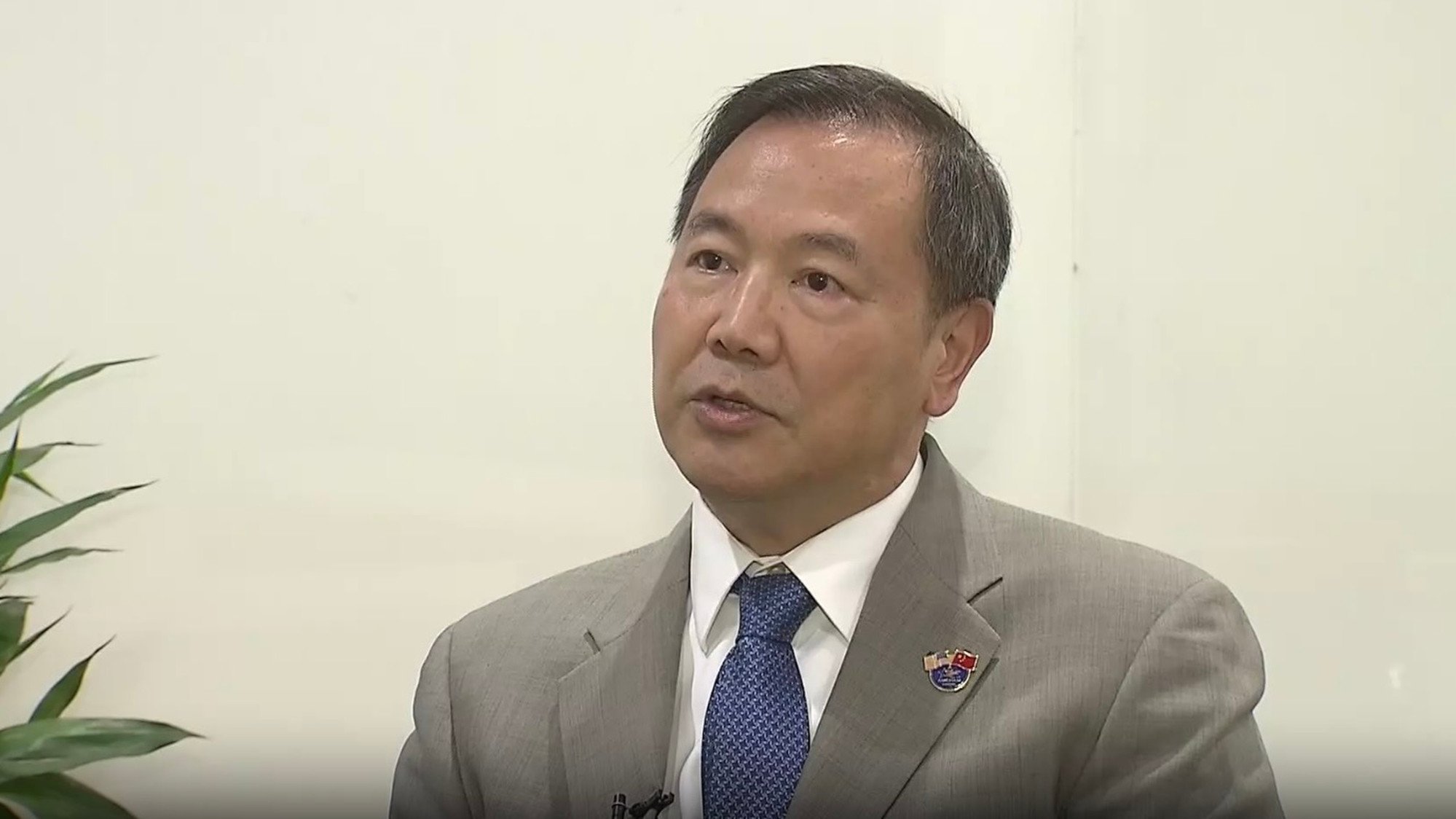
Zheng’s note of caution comes as Beijing hopes to lure more foreign direct investment (FDI) back to its shores. The government issued a 24-point list of guidelines for economic improvement late last year, including assurances of bolstering R&D in the biotech industry, fast-tracking cross-border data flows, facilitating investment, issuing business visas and offering tax incentives for foreign businesses.
However, some foreign companies remain cautious amid geopolitical tensions between the US and China, heightened concern over trade tariffs and a slowdown in domestic consumption.
“Our members are certainly concerned about the macro environment, but at the same time, they remain committed to [China],” Zheng said.
“Most of them are in China, for China. They’re not leaving China, per se. But at the same time they are anxiously watching what’s happening, both domestically and in the international environment.”
Foreign direct investment in China fell by 27.9 per cent yearfrom January to April amid weak domestic demand and an economic slowdown, compared with the same period last year.
“China is entering into a different era now,” Zheng said. “It’s more mature, it’s very big, and it’s not realistic to expect it to continue to see double-digit growth.” Businesses need to adjust to the “new normal”.

“It’s not an easy decision to say ‘I want to invest in China’ any more. There are other countries and markets that are growing faster, and then there is domestic competition here, so companies have become more selective.”
Echoing these sentiments, Jens Eskelund, the president of the European Union Chamber of Commerce in China, said investors need more reassurance before FDI will increase.
“China needs to restore faith and reliability in China, which had once been a hallmark place to invest,” Eskelund said.
The EU chamber’s annual business confidence survey found that the proportion of members who now rank China as a top destination for both present and future investment fell to the lowest levels on record, at 15 per cent and 12 per cent, respectively.
Companies are shifting investments that were originally destined for China to alternative markets that are perceived to be “more predictable, reliable and transparent”, the survey found.
Yet China is still a big market that “you have to be in” according to Eskelund, who added that some established companies are in survival mode, while new entrants are concerned about the slow economy.
While the policy measures and visa changes Beijing has announced are welcome, Eskelund said they must be thoroughly implemented.
More than half of the chamber’s members indicated that they will cut costs in the next year, and a quarter of those plan to do so by reducing headcount, which will further increase the pressure on an already strained job market.
As the country faces slower growth and a saturated market, particularly in spaces like new energy, there will naturally be a consolidation period, Zheng said.
“The good [companies] will definitely survive, and we’ll see that consolidation process will take place soon, in the next few years,” he said.






